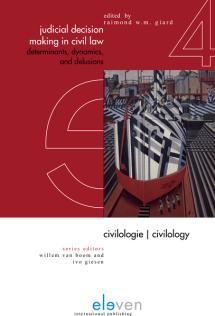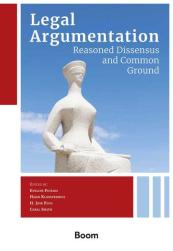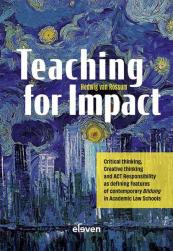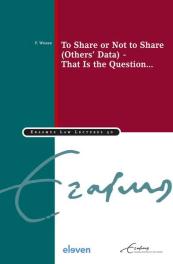Judicial Decision Making in Civil Law
Determinants, Dynamics and Delusions
One of the central values of a civil society is that its legal system makes fair and accurate de-cisions concerning fault and innocence. The legal decision-maker will bring a lawsuit to a conclusion by formulating the verdict. Jurists – and judges in particular – are consequently in the business of decision-making. They are expected to produce accurate and valid judgments. Judges have to establish or disprove human wrongdoing but in undertaking this business, they may err themselves. There are two reasons why the err. The first is following the wrong legal alley. The other possibility has to do with the facts. A decision may be based on an incomplete set of facts, the information may be incorrect or our interpretation of accurate facts may be inaccu-rate. All this confronts us with two fundamental and interrelated questions: how do judges decide and how should judges decide? This book contains a collection of papers confronting these issues from a seminar on determinants, dynamics and delusions of judicial decision making which was held on the occasion of the inaugural lecture of Jeffrey J. Rachlinski, accepting the Erasmus Chair of Empirical Legal Studies at Erasmus School of Law Rotterdam.






